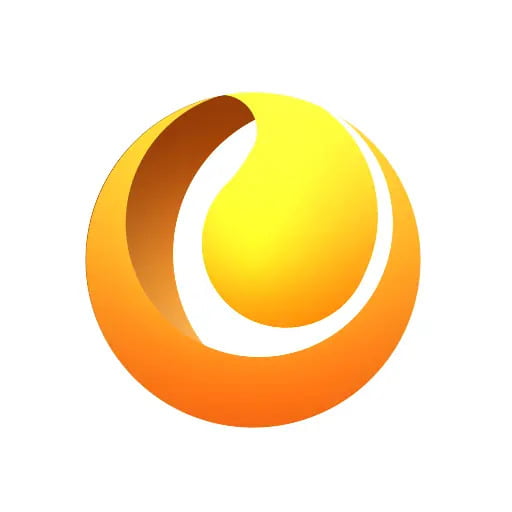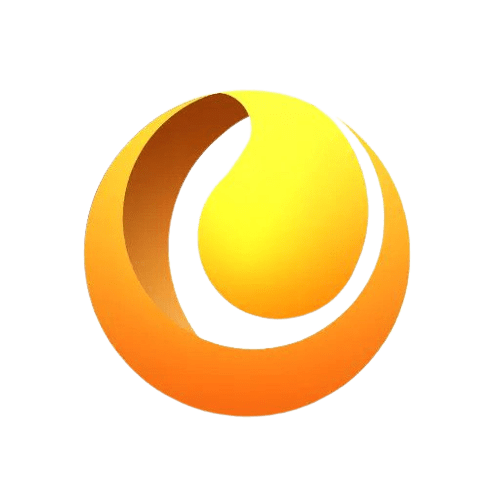Ever wondered how Sales Force Automation (SFA) could supercharge your sales? Dive into our guide – it's like having a personal sales assistant! Learn the perks, see real-life success stories, and discover how SFA works hand-in-hand with Customer Relationship Management (CRM) tools. Perfect for sales newbies and business owners.
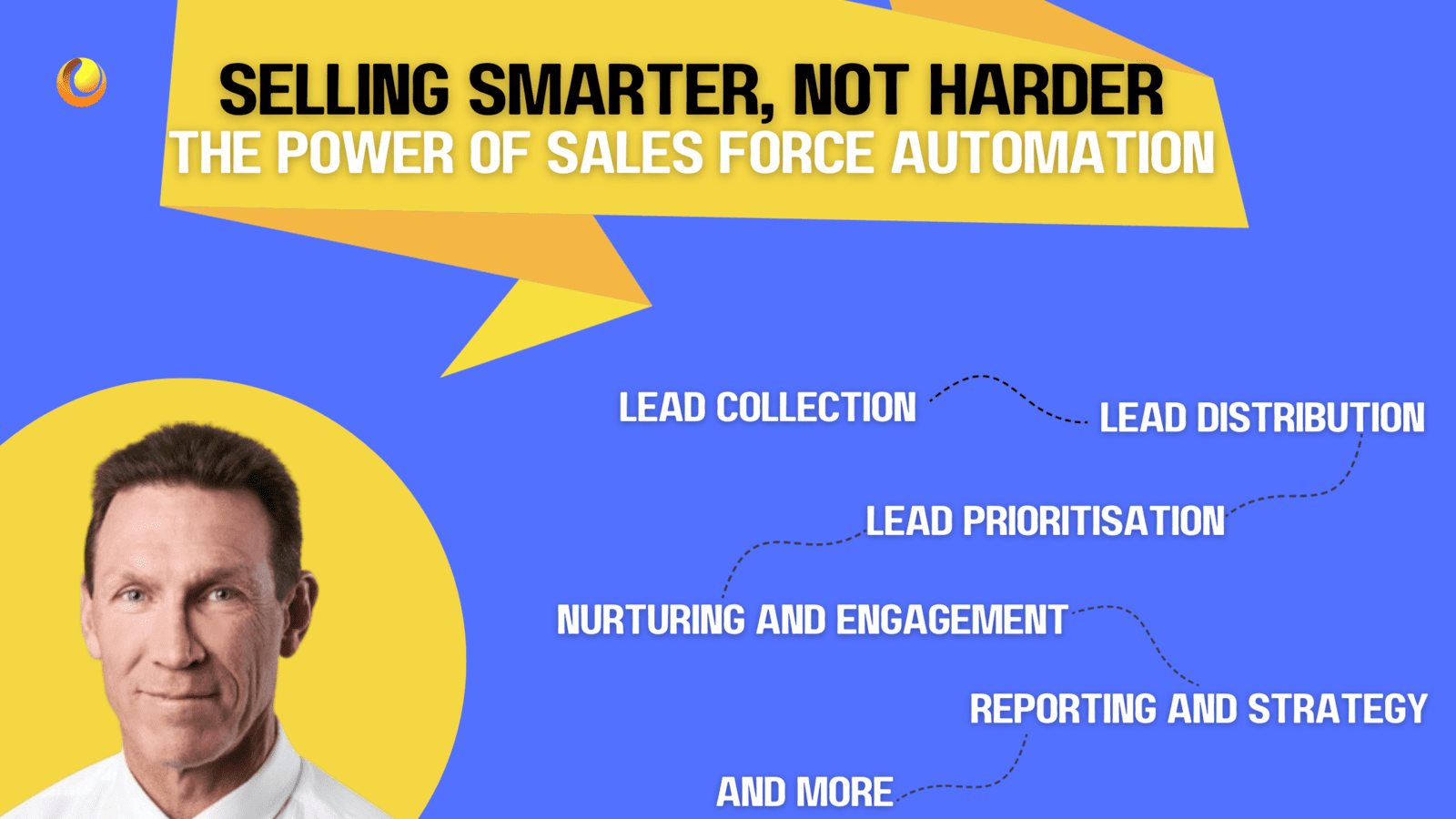

Introduction
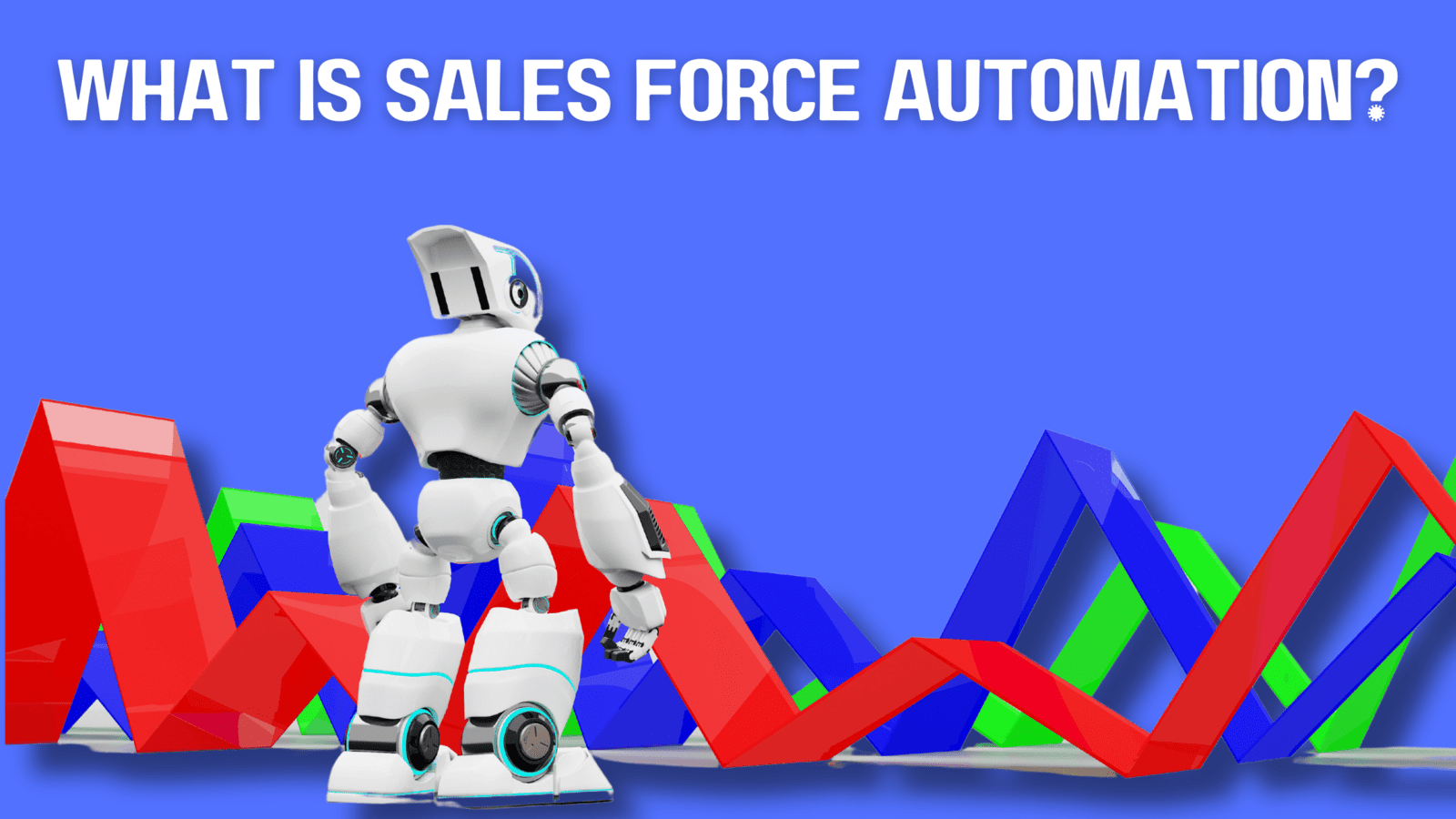
What is Sales Force Automation (SFA)?
- Lead Management: Think of this as your sales team's secret diary. It helps them keep tabs on potential customers right from the first "hello" to the moment they say "yes."
- Opportunity Management: This is like the GPS for your sales folks. It shows them the path to turning leads into real deals. It's all about finding out what steps to take next.
- Deal Management: Imagine this as the magician's hat for salespeople. It magically handles everything from making quotes to sending invoices. Abracadabra!
- Reporting and Analytics: This is like the crystal ball that tells your sales team what's working and what's not. It helps them get even better at their job.

Benefits of SFA
- Highly Efficient Teams: Sales Force Automation works like an assistant for sales teams. It takes care of boring, repetitive tasks like finding potential customers, setting up meetings, and sending follow-up emails. This leaves salespeople with more time to do what matters - building connections with potential clients and sealing the deal.
- Quicker, Smarter Sales: It's like having a GPS for sales. Sales force automation shows your sales team the clearest path to success. It speeds up the whole sales process by doing tasks that can slow things down. For example, it can send those "hey, just checking in" emails automatically, track how close a deal is to closing, and spot opportunities to wrap things up faster.
- Faster Customer Reach: Think of it as your secret address book. Sales force automation keeps all your customer info in one place. So, when a salesperson needs to reach out to a potential customer, they can find everything they need super quick - like the customer's name, email, phone number, and what they've bought before.
- No More Missed Chances: It's like a reminder that never fails. With sales force automation, salespeople won't forget a single interaction with a potential or current customer. That way, no opportunity slips through the cracks.
- Bulletproof Sales Process: Imagine having a spell-checker for sales. Sales force automation tackles tasks that can be messed up by humans, like typing in data or deciding if a lead is worth pursuing. This helps sales teams avoid costly mistakes that could cost them deals.
- Instant Insights for Smart Planning: It's like having a crystal ball for sales. Sales force automation gives sales teams real-time reports on how they're doing. This info helps them figure out where they can do better, like finding more leads or closing deals faster. Plus, it's great for making big decisions, like where to focus their efforts or which leads to go after first.
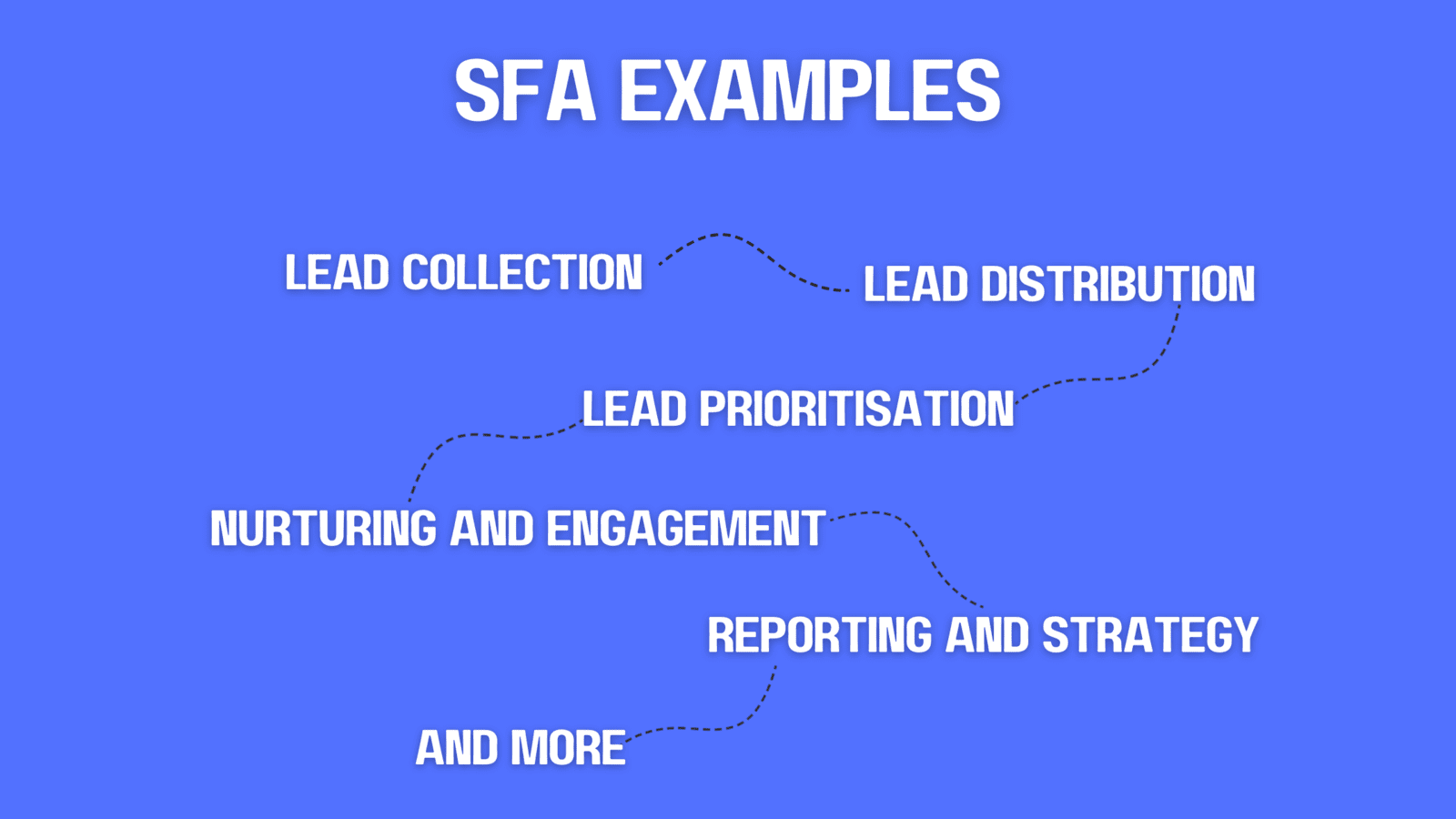
SFA Examples
- Lead Collection: Imagine your website as cutomer magnet. We use forms on the site to collect information from visitors who might be interested in what we offer. We also connect our customer database with social media to grab the attention of potential leads. When we attend events like trade shows, we gather business cards and contact details to follow up with interested folks. Additionally, we use special software to figure out who among the many people out there could become our customers.
- Lead Distribution: Think of this like sharing lunch with your friends. We want to make sure the right person gets the right candy. So, we give the tastiest ones to those who can appreciate them the most. We use a scoring system to decide which candies (or leads) are the best, and we make sure they go to the right friends (or sales representatives). This is all done super quickly and smoothly.
- Lead Prioritisation: Imagine we have a bunch of plants, and we want to find out which ones will grow into beautiful flowers. We have a way to give each plant a score to see which ones have the most potential. We also study them to see if they have any special traits. Plus, we use magic predictions to guess which plants will bloom the brightest.
- Nurturing and Engagement: It's a bit like making friends. We don't want to lose touch after meeting someone new. So, we send friendly messages and gifts to our new friends (leads) to keep them interested. We also share cool stuff about what we do to help them get to know us better. And, we use social media to stay connected and build our friendship. One of the best uses of Sales Force Automation.
- Reporting and Strategy: Think of this as checking how well we're doing in a game. We look at the scores to see where we can do better. We also write down what we've learned and share it with our teammates. Then, we come up with new plans and tricks to play the game even better next time.
- Opportunity Management: Imagine we have a treasure map, and we want to make sure we don't lose it or forget where the treasure is buried. We keep an eye on the map and set a deadline for when we want to find the treasure. We also have a special system to make sure we don't miss any clues along the way.
- Workday Planning: Think of this like planning your day at school. You have classes, homework, and maybe some fun stuff too. We help our sales team plan their day so they can get all their work done without feeling overwhelmed. We even have a special robot to help with some of the planning.
- Sales Activity Management: It's a bit like being a coach for a sports team. We keep track of what our players (the sales team with Sales Force Automation) are doing during the game. We look at how they play and find ways they can get better. And we use some computer magic to help them save time and play even better.
- Field Force Automation: Imagine you're exploring a jungle, and you have a magical device that tells you where to go and what to do next. We give our salespeople tools that do something similar. They have access to all the information they need when they're out meeting customers. Plus, some of the boring tasks are done by the computer so they can focus on talking to people.
- Sales Forecasting and Pipeline Management: Think of this like planning your allowance for the month. You want to make sure you'll have enough money for everything you want to buy. We try to predict how much money we'll make in the future and make sure we're not missing any opportunities. It's like budgeting for your dreams.
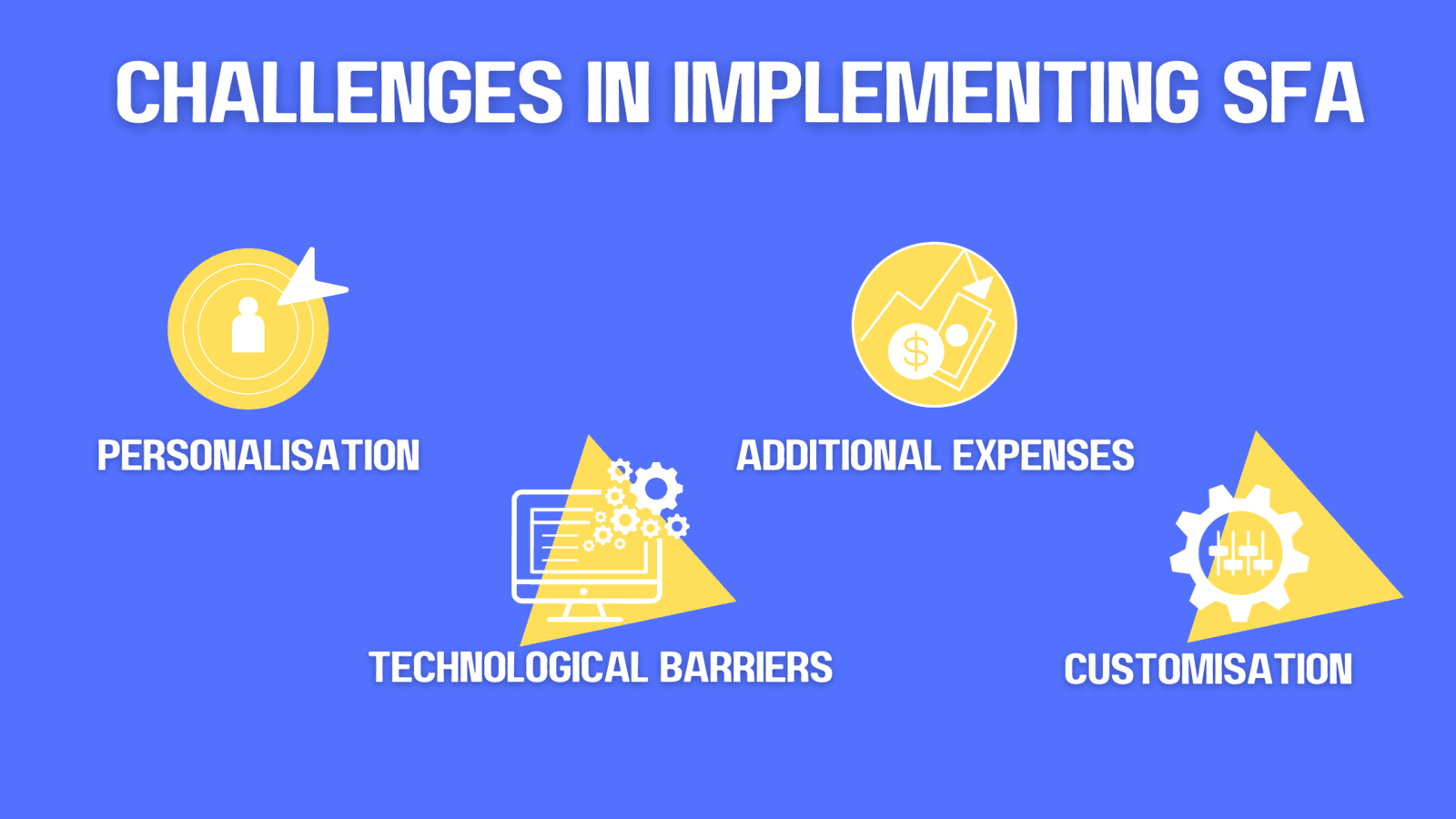
Challenges in Implementing SFA
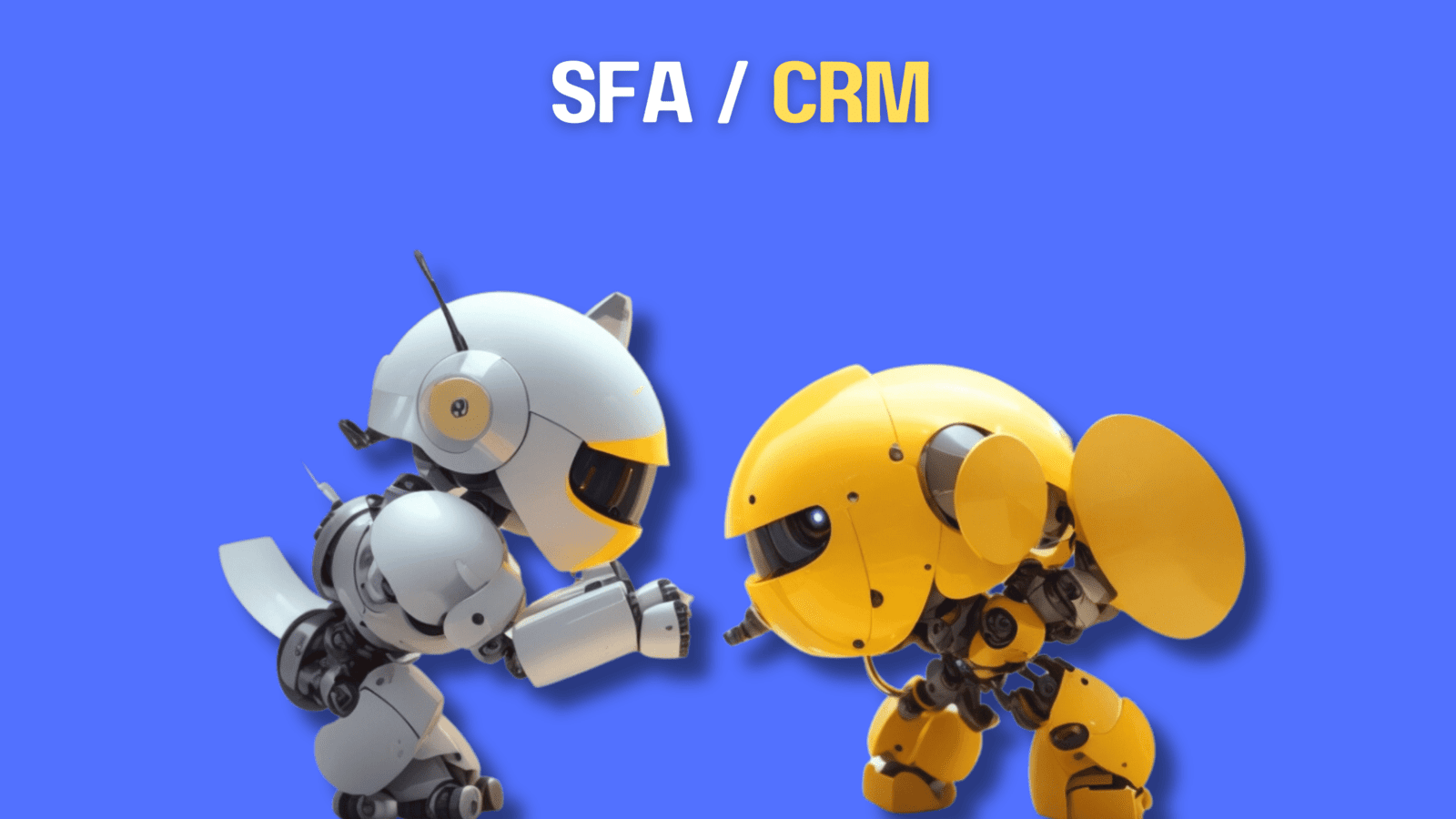
SFA and CRM: A Synergistic Approach

